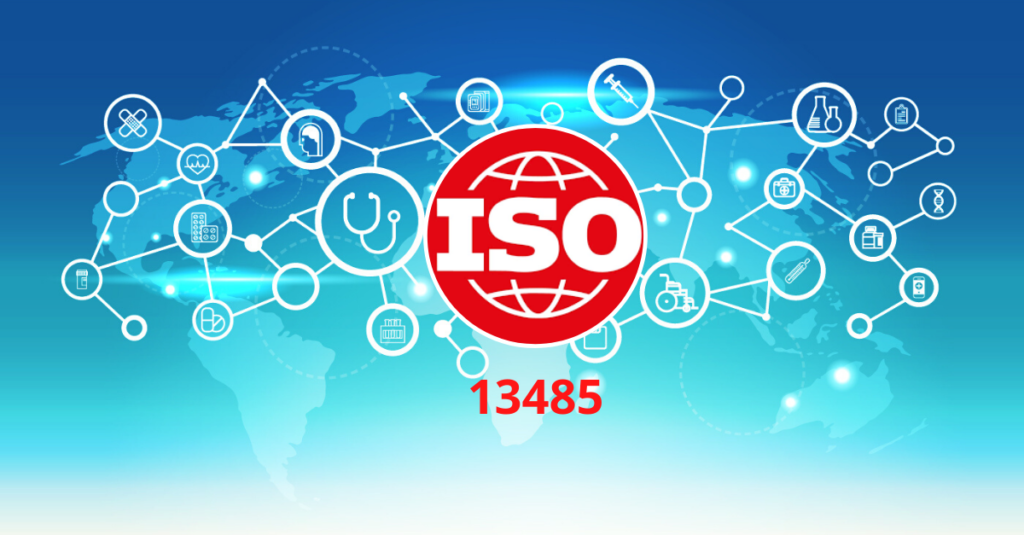ISO Certification for Medical Devices

ISO certification for medical devices refers to compliance with the ISO 13485 standard, which provides requirements for establishing, implementing, and maintaining a quality management system (QMS) specific to the medical device industry. ISO 13485 certification demonstrates an organization's commitment to meeting regulatory requirements, ensuring the safety and effectiveness of medical devices, and maintaining high standards of quality throughout the product lifecycle.
Here are key aspects of ISO certification for medical devices:
ISO 13485 Standard: ISO 13485 is an international standard developed by the International Organization for Standardization (ISO) that specifies requirements for a QMS specific to the medical device industry. The standard is applicable to organizations involved in the design, development, manufacturing, distribution, and servicing of medical devices.
Quality Management System (QMS): ISO 13485 requires organizations to establish and maintain a QMS tailored to the specific requirements of the medical device industry. The QMS encompasses policies, procedures, processes, and controls designed to ensure the safety, efficacy, and quality of medical devices, as well as compliance with regulatory requirements.
Risk Management: ISO 13485 emphasizes the importance of risk management in the design, development, manufacturing, and distribution of medical devices. Organizations are required to implement risk management processes to identify, assess, mitigate, and control risks associated with the use of medical devices, ensuring patient safety and regulatory compliance.
Product Lifecycle Management: ISO 13485 addresses the entire product lifecycle of medical devices, from design and development to manufacturing, distribution, and post-market surveillance. Organizations are required to establish processes for managing each stage of the product lifecycle, ensuring that medical devices meet regulatory requirements and customer expectations throughout their lifecycle.
Regulatory Compliance: ISO 13485 requires organizations to demonstrate compliance with regulatory requirements applicable to medical devices in the markets where they are sold or distributed. Compliance with ISO 13485 helps organizations meet regulatory obligations, obtain regulatory approvals, and access global markets for medical devices.
Document Control and Records Management: ISO 13485 requires organizations to establish document control and records management processes to ensure the accuracy, integrity, and traceability of documents and records related to the design, development, manufacturing, and distribution of medical devices.
Supplier Management: ISO 13485 emphasizes the importance of supplier management in ensuring the quality and safety of medical devices. Organizations are required to establish processes for evaluating, selecting, monitoring, and controlling suppliers of materials, components, and services used in the manufacture of medical devices.
Internal Audits and Management Reviews: ISO 13485 requires organizations to conduct internal audits and management reviews of their QMS to ensure its effectiveness, identify opportunities for improvement, and drive continuous improvement in quality and performance.
Certification Process: Organizations seeking ISO 13485 certification undergo a certification process conducted by accredited third-party certification bodies. The certification process typically involves a comprehensive assessment of the organization's QMS, including documentation review, site visits, interviews, and performance evaluation against ISO 13485 requirements.
ISO 13485 certification is recognized globally and demonstrates an organization's commitment to quality, safety, and regulatory compliance in the medical device industry. It can enhance the organization's reputation, credibility, and competitiveness, while also providing assurance to customers, regulators, and stakeholders that the organization's medical devices meet high standards of quality and safety.
Thank you,